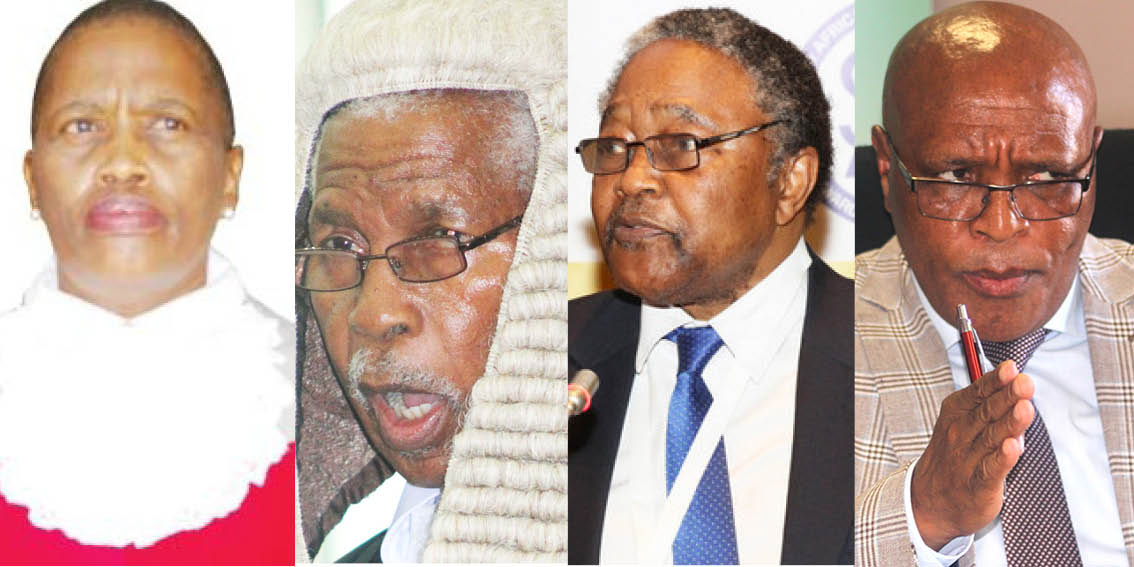What is the meaning of democracy within Lesotho's political parties?

Mr Mzimkhulu Sithetho
Managing Director of the Governance Institute for Sustainable Development and Editor-In-Chief of thizkingdom.com
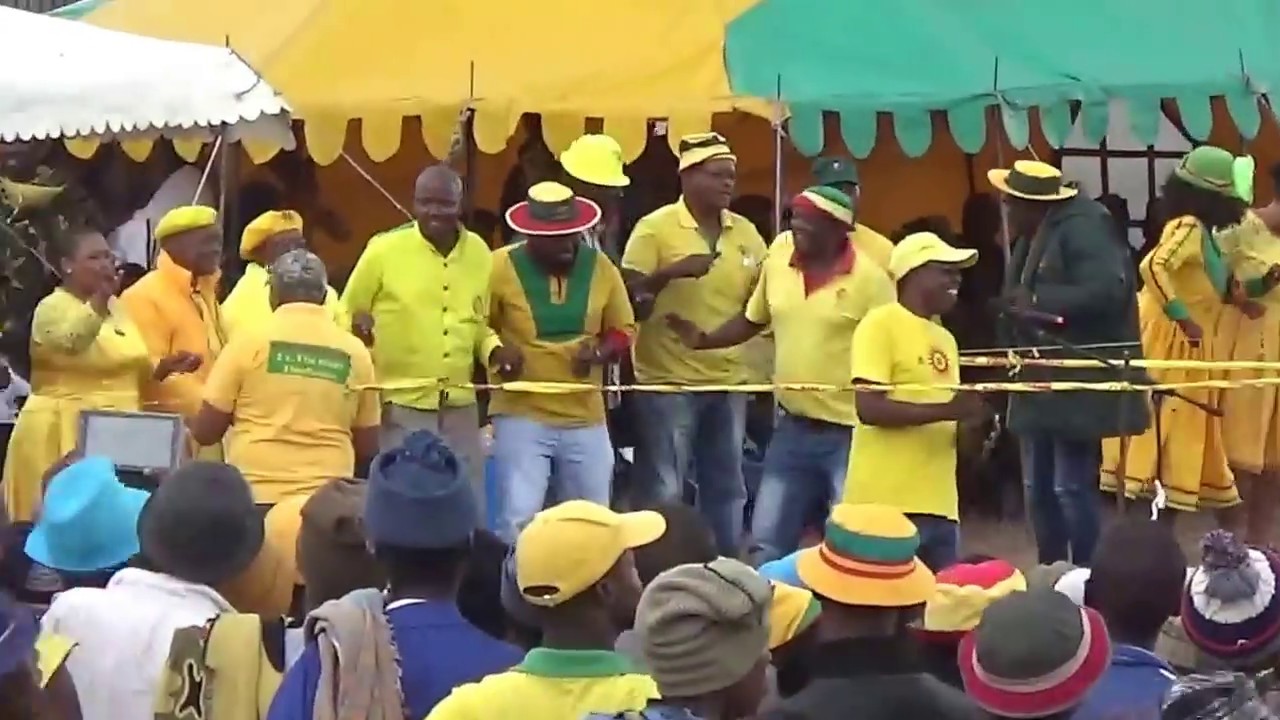
♦ Is what is happening within the ABC a resemblance of absence of internal party democracy and political immaturity in Lesotho?
♦ Absence of internal conflict-busting mechanisms within parties,
♦ NECs assuming superpowers over other party and branch-level structures,
♦ Gullible party members easily swayed into factional lines of power-hungry individuals,
♦ Party fragmentation and factionalism under the watch of visionless leaders who get engulfed in the political fray of their parties,
♦ Authoritarian leaders who assume excessive control of parties as if they were their own personal property for self-aggrandizement,
♦ Intolerance and decimation of dissent and labeling of internal questioners, skeptics and critics within the parties,
♦ Recourse to the courts of law for settlement of disputes, which could have otherwise been solved internally,
♦ Weak internal conflict resolution and management mechanisms within political parties,
♦ Threat to the nascent coalition government if one of the leading partners breaks down as a result of internal conflicts,
♦ Finally, a threat to political party democracy, resulting in a weak state,
Starting with the basics
It is a well-known fact that though political parties’ quest is that democracy thrives at national level or to build a strong democratic architecture for the country, but they themselves lack that democracy within their own internal structures. If common sense and logic are anything to go by, no one can offer what one does not have. In other words, there is no way Lesotho's political parties could build a strong democratic developmental state when they do not have a democratic culture inside their own party structures. By their mere formation, most political parties are inherently drivers of political democracy, and by implication, parliamentary democracy. In a political democracy, political power of the state is equally shared by the citizens. In political democracy, citizens have the real power to legislate, which they perform by delegating this function to their elected representatives. But a reality that the Basotho must grapple with is that most political parties were formed out of bitterness of a bunch of disgruntled senior members that led their formation after defection from their original party. This stemming from political immaturity.
The internal party conflicts have historically had nothing to do with difference of opinion as regards party or government policy direction among members. The conflicts have had nothing to do with national developmental issues emanating from party manifestos, which were flaunted during electioneering and the divergence of opinion on the national development agenda crafted by coalition partners. Instead, internal party conflicts have a lot to do with personal agendas, jostling for power, hunger for control of the party by one clique against another and the quest to control financial and other resources that a party has. The conflicts have a lot to do with self-aggrandizing leaders, who hoodwink gullible members, who get beaten to the core of factional lines created and nurtured by their immature and visionless leaders. President Georges Pompidou, former Prime Minister of France says this about the difference between statesmen and politicians: "A statesman is a politician who places himself at the service of the nation. A politician is a statesman who places the nation at his service."
Secondly, some parties like the ABC, do not have strong internal structures that could cushion sustainable development of the party. For example, ABC does not have strong internal systems that make a political party detached and independent from the all-powerful leader, Thomas Thabane. The leader is allowed to act like the owner, the godfather and proprietor of the 'business' called ABC. The ABC is not an independent entity that belongs to those who subscribe to its ideology, ethos and principles, but it is inseparable from the leader and a clique that claims loyalty to the leader, for its own personal interests. Mention of the concept of succession in reference to the ABC is to demand too much from the party, which like other parties, suffers the 'owner's property' setback. Thabane has, on several occasions dared those who question his decisions as a leader to go find solace elsewhere or form their own party. This is reminiscent of a leader who is not questionable, an Ivory Tower whose word is final and who displaces a domineering attitude, which is not palatable for modern-day dynamic politics.
Weak conflict-busting architecture within political parties
The African Peer Review Mechanism (APRM) Country Review Report (2010) observes that Lesotho's political and democratic governance is thwarted mainly by three types of conflicts. These are election-related conflicts, intraparty conflicts and institutional conflicts that involve various elements of the state machinery. The APRM Report (2010) states that these conflicts threaten national stability and security to the extent of putting national sovereignty at stake. This article is interested in the second type, the intraparty conflicts and their impact on the long-term democratization project of Lesotho. The report states that internal conflicts within political parties reflect deep-seated deficiencies in the internal party democracy of Lesotho. The Report was a result of as a self-monitoring and assessment initiative for good governance by African Union (AU) members states who acceded to the Memorandum of Understanding (MoU) on the African Peer Review Mechanism (APRM). The African Peer Review (APR) process entails periodic reviews of the policies and practices of participating states to ascertain progress being made towards achieving mutually agreed goals and compliance with agreed political, economic and corporate governance values, codes and standards as outlined in the Declaration on Democracy, Political, Economic and Corporate Governance. Lesotho was assessed between 2006-2009 and a report was released in 2010.
Intolerance of dissent by authoritarian founders of political parties
The APRM Report (2010) states that founders of political parties tend to become authoritarian and intolerant personality cults that decimate dissent as they run the parties like their personal properties. The Report further notes that national executive committees (NECs) assume sweeping powers to the detriment of the general membership of parties and party structures at branch level, rendering these structures to be emaciated by the dominance of the national structure, which is close to the authoritarian leader. This rings true of the ABC as the outgoing NEC wanted to decimate the Koro-Koro Constituency Committee for supporting Professor Nqosa Mahao's candidature for the position of deputy leader of the party.
"Such undemocratic practices precipitate intraparty contestation over leadership, policies, direction and resources," the APRM Report states. It further states that recourse, if disputes are not settled internally, is often to the courts of law with incessant law suits among conflicting factions within these political parties. This results in party fragmentation, the APRM Report (2010) notes. "Popular opinion is that weak party-conflict management systems are the root causes of continued and increasing conflicts that often spill into the social sphere and degenerate into national crisis," this according to the APRM Report (2010).
Nature of state born out of weak institutions
Everywhere else in the world, a state is a collective of all institutions that have mandates towards citizens of a country. Therefore, the calibre of these institutions determines the quality of the state that is made out of them. A state that is made of weak formations is resultantly a weak state. A state which is made of undemocratic institutions, including political parties, as they are the ones that form a government, which is just part of the state, is subsequently an undemocratic state. Weakness in the manner state institutions like political formations are managed translates into weakness of that state. Weakness in the democratic foundations of political parties and institutions that have to constitute a state says a lot about that state. This characteristic is not only peculiar to political parties alone, even civil society organisations (CSOs) that claim to be vanguards for a democratic society are themselves far from being democratic. How many CSOs have strong internal systems that make them independent from their proprietors? Few. How many of them are free from personality cults, some of whom have been on their helm since their formation? Most of them. How many go for effective national annual conferences (AGMs) to elect or change leadership? A few.
Question of democracy within political parties
What is the essence of calling an elective conference if its decisions about who leads the party has to be determined by a clique of self-serving individuals? Who decides who gets elected into the party structures? The leader and his cronies or the general membership of the party? What is the role of that general membership now, after the AGC that gave direction about who it wants to lead the party? Is this supposed to be subjected to personal likes and dislikes of a clique of the party? Is that general membership the one that is bussed during weekends to be told ferry tales in rallies by separate leadership of the party? Can't that general membership call the leadership of the party to order through some form of petition? Is that general membership weak and gullible enough to succumb to what it is told in rallies about the state of the party? Is this membership gullible enough to dance to the whims of the party leaders who have no vision, but self-aggrandizement at the expense of the same members? What is the future of Lesotho's parties, what message does this send to the succeeding generations?
Most Read
The cooling of the political temperatures came with the BAP joining the bandwagon after a season of political agitation and chess games, reflecting political anomalies in the system of political governance of Lesotho:

Reforms, Elections and Democratic Stability in Lesotho
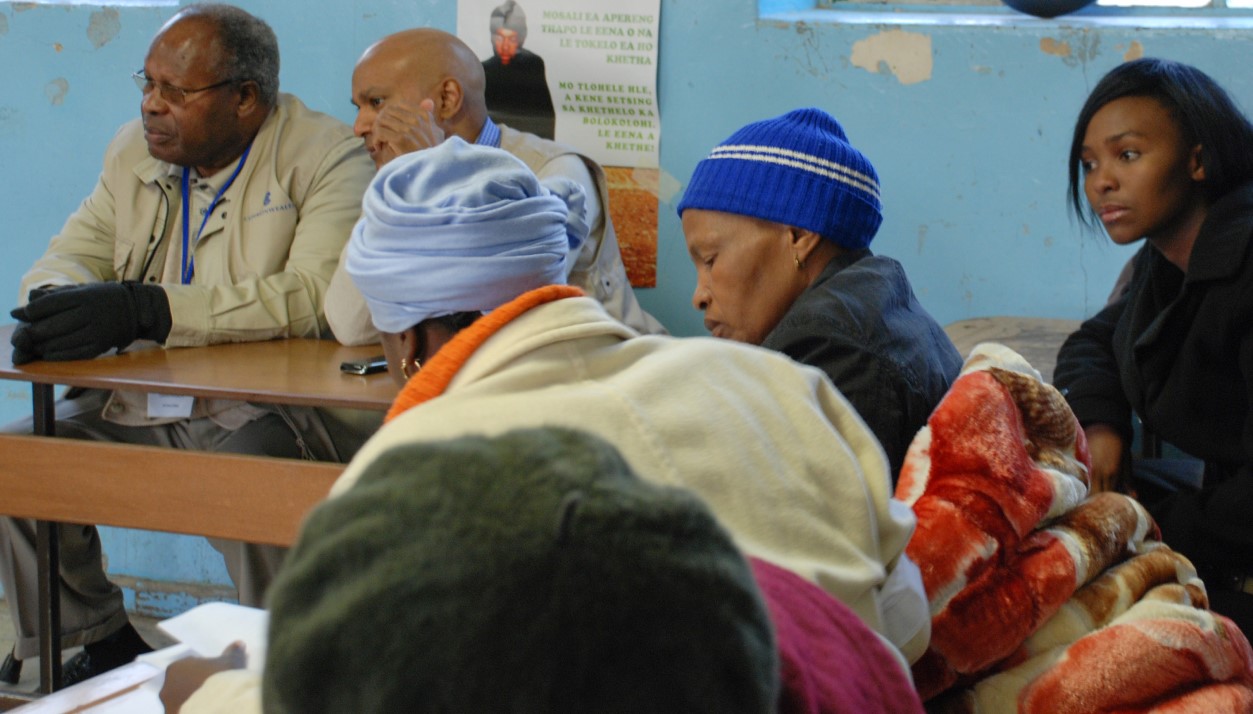
A Comprehensive Analysis of Lesotho's Textiles and Garment Sector
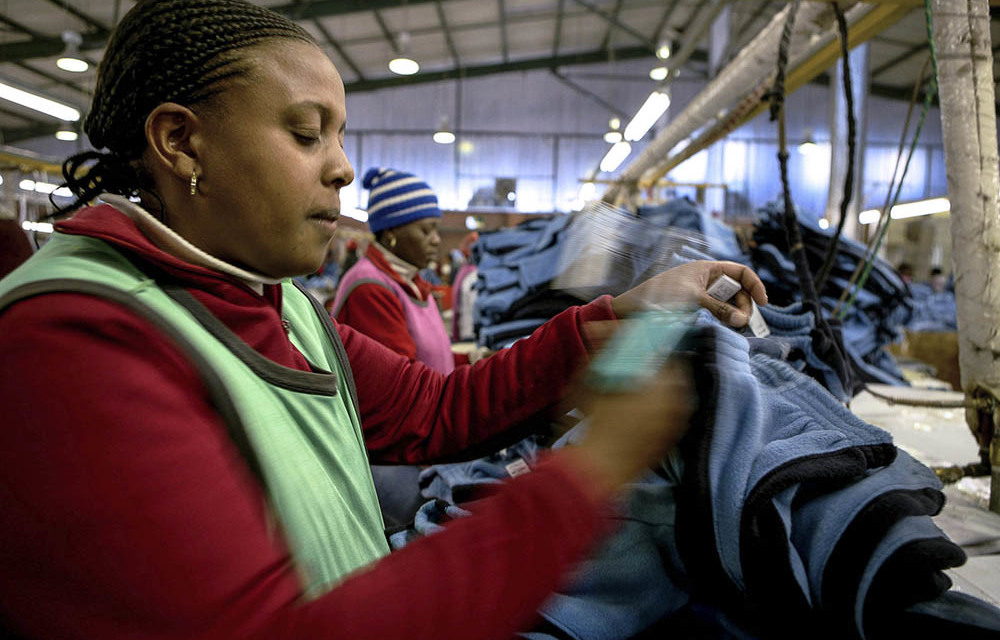
Related Stories
Majoro to grapple with a myriad challenges in his stint - one of them, two centres of power within the ABC
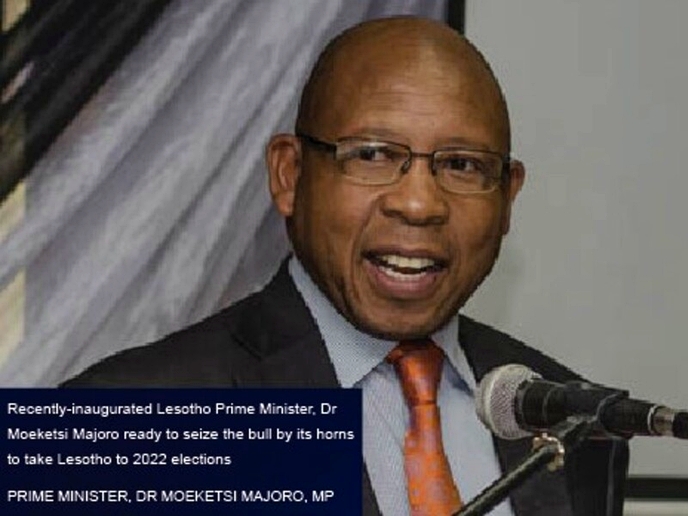
Mantra of 'grooming successors' in African politics, reality or myth?
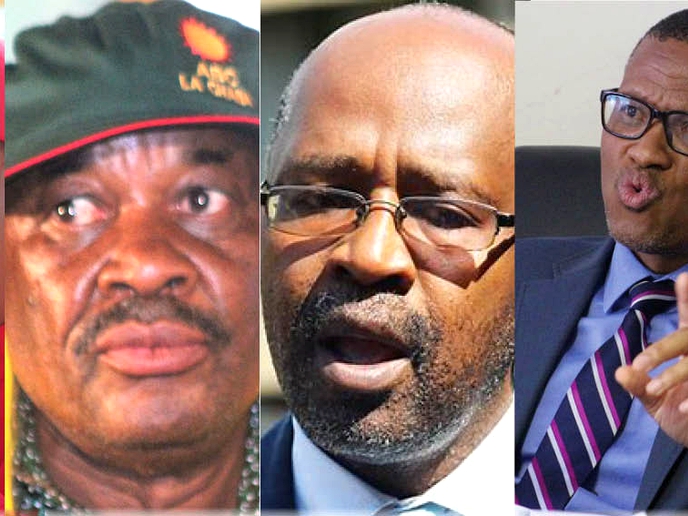
A snapshot of coalition politics in Lesotho and probabilities ahead of and beyond 2022 elections
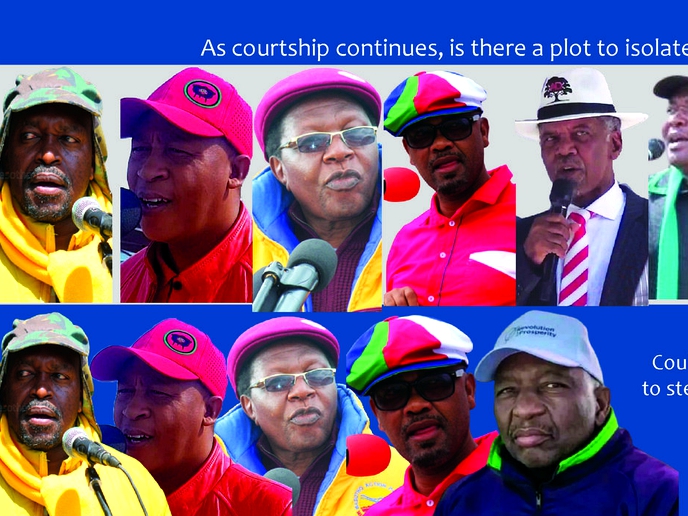
Opinion Vote Polls
Do you think the existing government is going in the right direction to benefit the people of the country?
Subscribe for your daily newsletters
Enter your email to subscribe to our newsletter.

